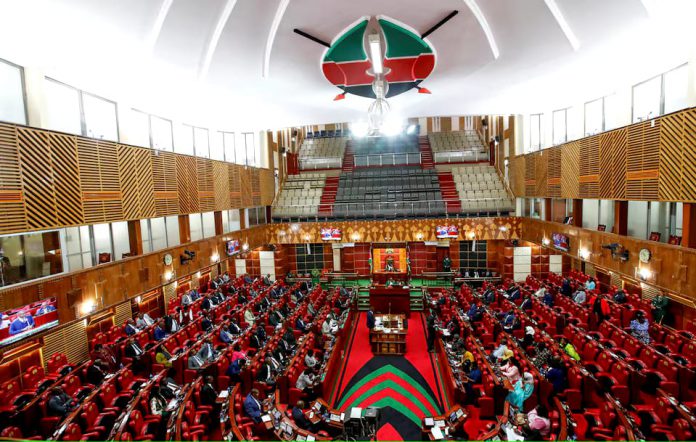Kenya’s senate speaker Amason Kingi on Wednesday said it would consider the debate on the impeachment move against the deputy president, Rigathi Gachagua.
Lawmakers voted by 281 to 44 late on Tuesday to impeach Gachagua, with one abstention. That was far more than the two-thirds majority needed to carry the motion to the Senate.
Senate speaker Kingi said the senate would investigate the allegations on Wednesday and Thursday next week, adding that if at least two-thirds of the senate vote to uphold the impeachment, Gachagua will be dismissed.
Gachagua has denied all 11 charges against him, which include enriching himself and stirring ethnic hatred. He called the impeachment process a “theatre of the absurd.”
His rift with President William Ruto, whom he backed in a 2022 election, spilt into the open after deadly protests this year against proposed tax increases and the cost of living.
Ruto has not commented publicly on the impeachment proceedings.
Gachagua outraged many in Ruto’s coalition for likening the government to a company and suggesting that those who voted for the coalition had first claim on public-sector jobs and development projects.
The push to impeach Gachagua has divided Kenyans, with some saying that parliament should focus on the economy instead of politics and others calling for both Ruto and his deputy to quit.
“They should both be removed. After two years there has been no positive effect. We have had more crises. They came as a package so they should leave as a package,” said Melissa Kagondu, who sells beauty products.
Robert Shaw, a Nairobi-based analyst, told Reuters that the impeachment would add to concerns about Kenya’s economic stability after protests in June and July.
“It is bound to get worse; if I was an investor, I would literally be looking at how to consolidate my position ready for a storm,” he said.










